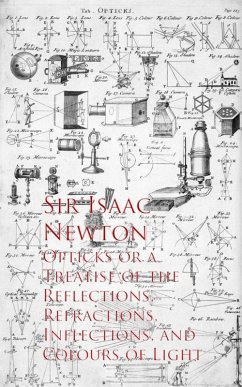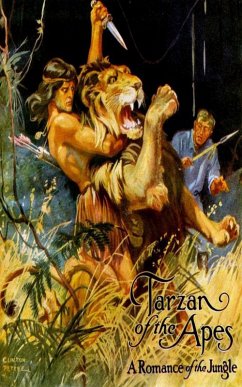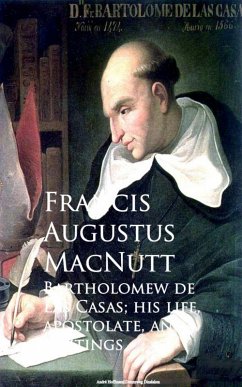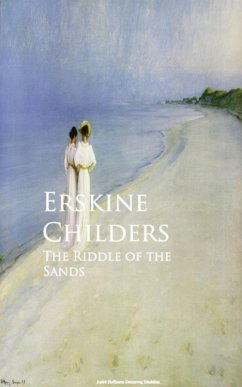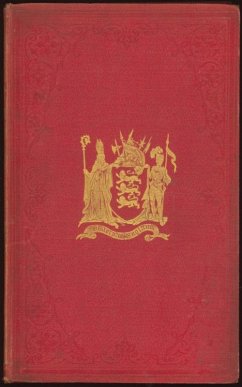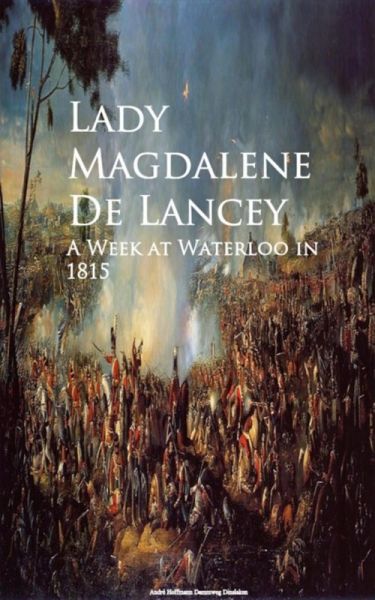
A Week at Waterloo in 1815 (eBook, ePUB)

PAYBACK Punkte
0 °P sammeln!
The following narrative, written over eighty years ago, and now at last given to the world in 1906, is remarkable in many respects. It is remarkable for its subject, for its style, and for its literary history. The subject-a deathbed scene-might seem at first sight to be a trite and common one. The mise-en-scène-the Field of Waterloo-alone however redeems it from such a charge; and the principal actors play their part in no common-place or unrelieved tragedy. "Certainly," as Bacon says, "Vertue is like pretious Odours, most fragrant when they are incensed or crushed: For Prosperity doth best ...
The following narrative, written over eighty years ago, and now at last given to the world in 1906, is remarkable in many respects. It is remarkable for its subject, for its style, and for its literary history. The subject-a deathbed scene-might seem at first sight to be a trite and common one. The mise-en-scène-the Field of Waterloo-alone however redeems it from such a charge; and the principal actors play their part in no common-place or unrelieved tragedy. "Certainly," as Bacon says, "Vertue is like pretious Odours, most fragrant when they are incensed or crushed: For Prosperity doth best discover Vice; But Adversity doth best discover Vertue." As to the style, it will be sufficient to quote the authority of Dickens for the statement that no one but Defoe could have told the -2-story in fiction. Its literary history is even more remarkable than either its style or its subject. It is no exaggeration to say of the narrative-as Bacon said of the Latin volume of his Essays-that it "may last as long as Bookes last." And yet it has remained in manuscript for more than eighty years. This is probably unique in the history of literature since the Invention of Printing. As regards the hero of the narrative, the Duke of Wellington once said that he "was an excellent officer, and would have risen to great distinction had he lived."...
Dieser Download kann aus rechtlichen Gründen nur mit Rechnungsadresse in A, B, BG, CY, D, DK, EW, E, FIN, F, GR, H, IRL, I, LT, L, LR, M, NL, PL, P, R, S, SLO, SK ausgeliefert werden.






